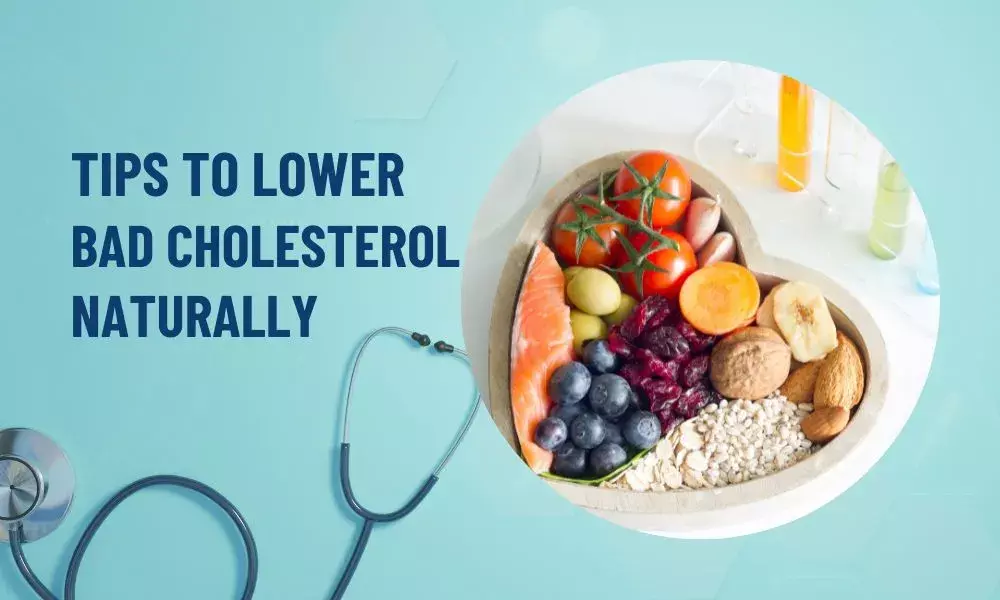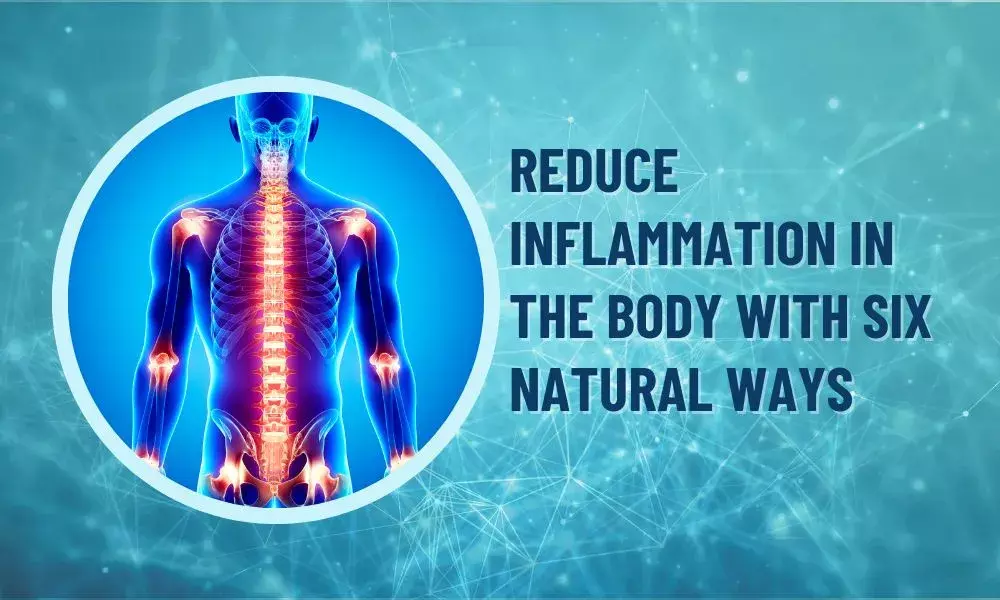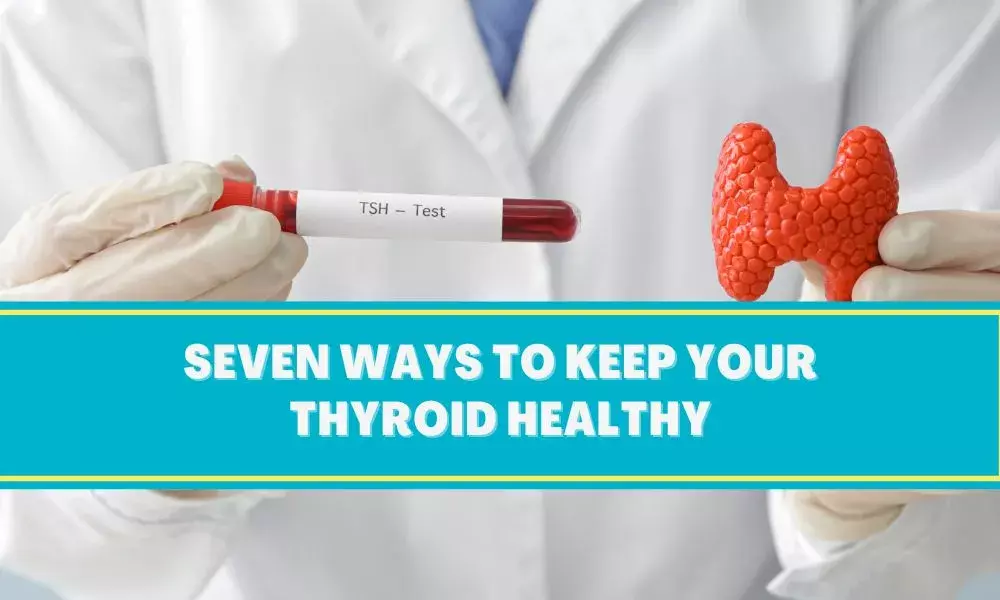High level of cholesterol can be dangerous for our health as it increases the risk of heart disease substantially.
What exactly is Cholesterol?
Cholesterol is a waxy and fatty molecule in our blood, created naturally by the liver. The low-density lipoprotein (LDL) is also known as bad cholesterol. The LDL cholesterol causes fatty deposits in our blood vessels.
These deposits can obstruct blood flow, resulting in heart attacks or strokes. Cholesterol serves various bodily functions, but having too much of it in our blood can be dangerous.
Elevated cholesterol levels in the blood are mostly produced by consuming meals that are not part of a heart-healthy dietary pattern. Following a heart-healthy eating pattern allows us to consume foods that are naturally low in harmful fats and rich in beneficial fats.
Here are six dietary tips that help lower bad cholesterol naturally:
-
Having loads of fruits and vegetables: Adding fruits and vegetables to our diet is the simplest way to lower LDL cholesterol levels. Fruits and vegetables are generally rich in antioxidants that prevent LDL cholesterol from forming plaques in our arteries. This reduces our risk of heart disease.
-
Include foods rich in soluble fiber: Soluble fiber is found in large quantities in beans, flax seeds, whole grains, apples, and citrus fruits. Generally, humans lack enzymes that break down soluble fiber, so it moves through our digestive tract, absorbing water and forming a thick paste. As it travels, soluble fiber absorbs bile, which our liver produces to help digest fats. Bile is made from cholesterol, so when our liver more bile, it pulls cholesterol out of our bloodstream, lowering generates bile it absorbs more cholesterol naturally. Therefore, regular soluble fiber consumption is associated with a reduction in bad cholesterol.
-
Eat a Variety of Unsaturated Fats: Our food contains two types of fats: saturated and unsaturated. Replacing most of our saturated fats with unsaturated fats can reduce total cholesterol. People who eat less saturated fats and more of unsaturated fats tend to have lower cholesterol levels over a period of time. Foods like olives, avocados, fatty fish, and nuts contain ample heart-healthy unsaturated fats, so it is beneficial to eat them regularly.
-
Avoid Artificial Trans Fats: Trans fats occur naturally in dairy products and red meat. Artificial trans fats are created by adding hydrogen to unsaturated fats to change their structure, such as vegetable oils. Trans fats are a cheap alternative to natural saturated fats and are commonly used by restaurants and food manufacturers. Eating artificial trans fats increases LDL cholesterol, lowers “good” HDL cholesterol, and is linked to a greater risk of heart disease. Therefore, one must avoid processed food.
-
Eat More Soy: Soybeans are rich in protein and contain isoflavones, plant-based compounds similar in structure to estrogen. Soy proteins have powerful cholesterol-lowering effects and can reduce the risk of heart disease. Less processed forms of soy, such as soybeans or soy milk, are more effective at lowering cholesterol than processed soy protein extracts or supplements.
-
Drink Green Tea: Green tea is made by heating and drying the leaves of the Camellia sinensis plant. It can lower cholesterol by reducing the liver’s production of LDL and increasing its removal from the bloodstream. Green tea is also rich in antioxidants, which can prevent LDL cholesterol from oxidizing and forming plaques in our arteries. Drinking green tea regularly can protect against heart disease.
The Bottom Line
High levels of LDL cholesterol are dangerous to our health and linked to an increased risk of heart disease. Diet changes, such as eating more fruits and vegetables, cooking with herbs and spices, consuming soluble fiber, and loading up on unsaturated fats, can help lower cholesterol levels and reduce the risks.
One must avoid ingredients that increase LDL cholesterol, like trans fats and added sugars, to keep cholesterol in healthy range. Overall, many small dietary changes can significantly improve our cholesterol levels. For professional guidance, always consult a dietitian or nutritionist.





